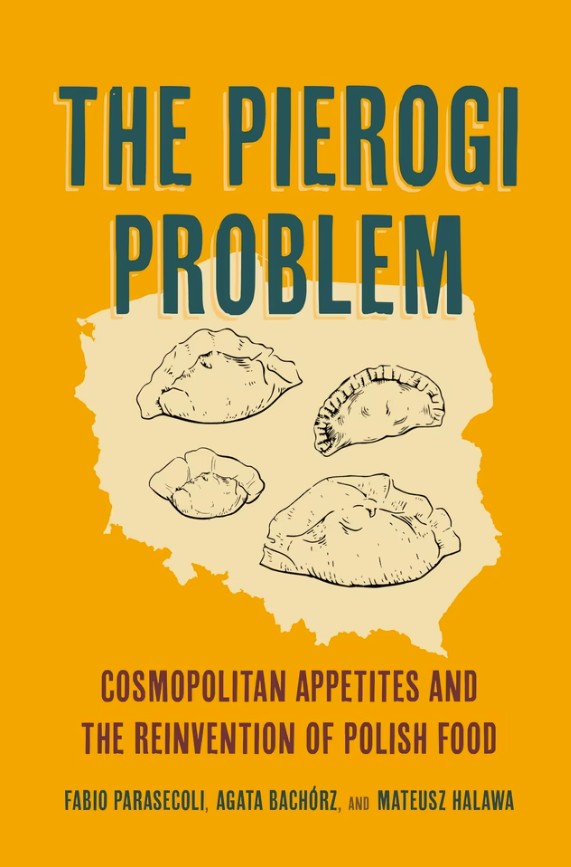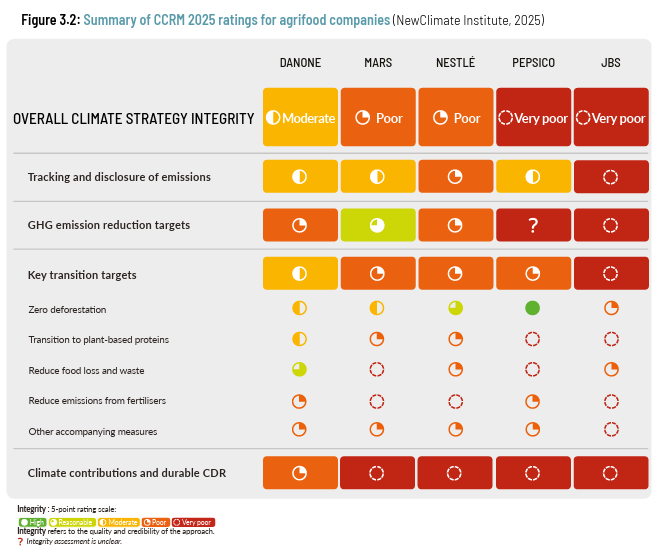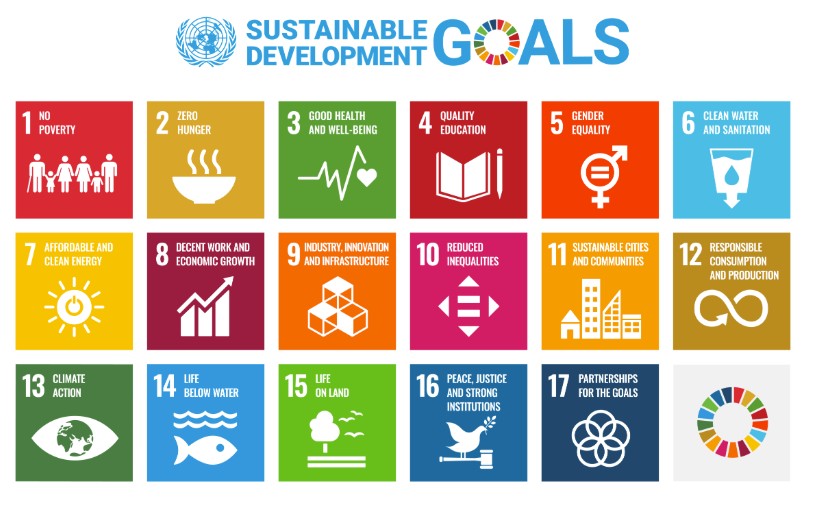A reader in Texas, Jennifer Windh, wrote me about food practices in her kid’s suburban Houston elementary school. She reports:
Many elementary school cafeterias are selling students ice cream and other junk food for lunch. This is happening in my school district and several nearby, and I suspect it’s fairly widespread. This is particularly ironic given RFK Jr’s recent visit to the state to celebrate the passage of “Make Texas Healthy Again” legislation — a core aspect of which was student nutrition and physical education!
From her observations, “It is shocking to see the cafeteria sell 5 and 6 year olds ice cream for lunch.”
As she explains, kids go through the lunch line and get their meals.
Then, the cashier asks “Would you like a snack?” Most students grunt and point to an ice cream item on the picture menu posted on the sneeze guard next to the register, and the cashier sets the selected item on their tray. The kids go sit down, and immediately rip open and eat their ice cream. They do not eat their entree or fruit or vegetables first. Of course not! They are six years olds.
Ten minutes into the lunch period, a staff member announces that any students who packed lunch may go buy snacks, and up go another set of kids to buy ice cream, which they then take back to their seat and slowly enjoy for the rest of the lunch period, ignoring whatever other foods their parents packed for them. At the end of the meal, kids throw away tons of untouched or half eaten entrees, fruit, vegetables, and milk, but only empty ice cream wrappers.
In her report on the ice cream sales, she notes:
- Students do not have to eat lunch first, or eat any lunch at all.
- There is no limit on the number of ice creams students can buy.
- Students can buy ice creams for their friends.
- Parents are not informed about these purchases.
Note that kids getting free or reduced-price meals will not be able to do this unless they also have parental contributions to lunch money account.
Here’s what they cost, according to the a la carte price list.
What on earth is going on here?
Try this.
Despite this graph, Jennifer Windh writes that she “submitted a public information request and learned that our district (Tomball ISD) sold just over $301,000 last year in a la carte ice cream items to students in grades K through 6.”
Wow! Deja vu.
This reminds me so much of the soft drink pouring rights contracts I wrote about in 2000 in Public Health Reports. These were contracts between soda companies and schools to promote exclusive sales of their drinks in elementary, middle, and high schools (later, protests got them out of elementary schools at least). The payments for these contracts put schools in the position of pushing kids to buy as much soda as possible, regardless of how they might compete with nutritious school meals. As I said in that article,
The quality of “competitive” foods sold outside the cafeteria has long been a source of concern to nutritionists and school food service directors, as these foods often are higher in fat, sugar, and sodium than is desirable and students consume them instead of the more nutritious foods provided by federally supported school meal programs.
So where is the USDA in all of this?
USDA has rules for “competitive” snacks sold outside the school meals programs: “Smart Snacks in Schools.” All snacks must meet nutritional standards, as this example does (for others, see Hershey Ice Cream Promotional Materials).

There are time-and-place restrictions, as shown in Guidelines for Competitive Foods by State. Let’s look at Texas (my emphasis):
The Texas Public School Nutrition Policy prohibits elementary schools from serving competitive foods (or provide access to them through direct or indirect sales) to students anywhere on school premises throughout the school day. This includes school stores, fundraisers and vending machines. Elementary schools may allow one nutritious snack per day under the teacher’s supervision. Middle schools may not serve competitive foods from 30 minutes before the start of the first lunch until 30 minutes after the last lunch. High schools may not serve or provide access to competitive foods during meal periods in areas where reimbursable meals are served and/or consumed. FMNV, including carbonated beverages, are not allowed to be provided to students until after the end of the last scheduled class. In 2013, the Governor passed into a law a bill limiting sanctions for schools that sell FMNV.
Under USDA rules, these ice creams meet nutrition standards. I’m not sure they meet either the letter or the spirit of the time-and-place rules. In any case, they undermine the purpose of school meals and for that reason alone schools ought to firmly restrict their sales.
Texas school food advocates: get to work!







